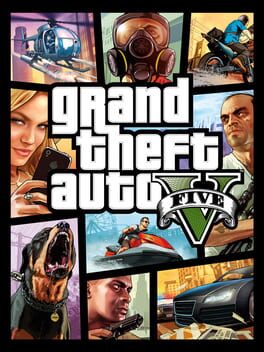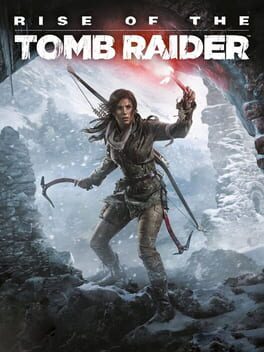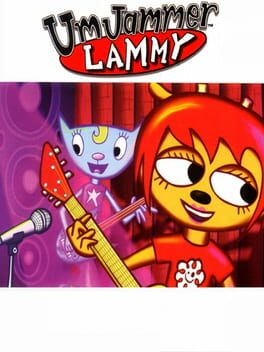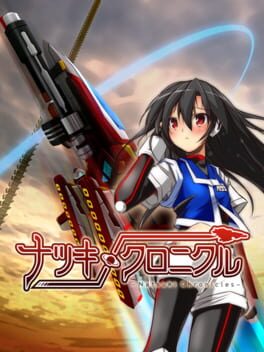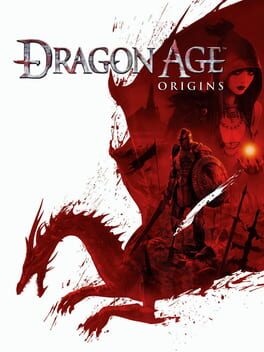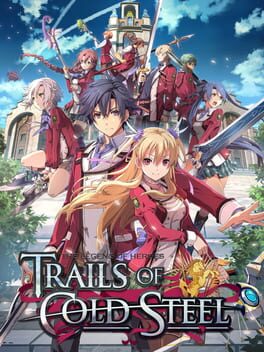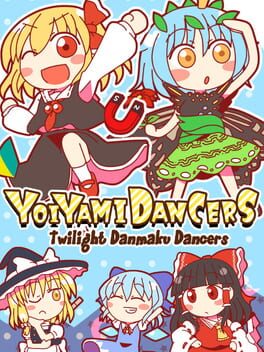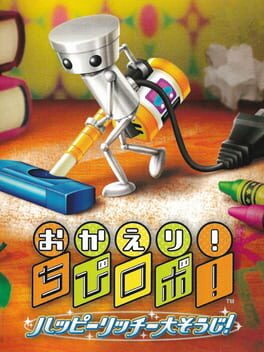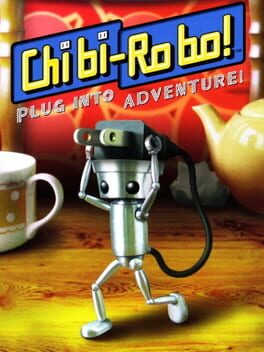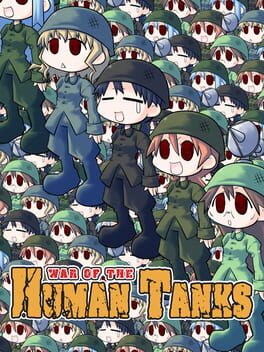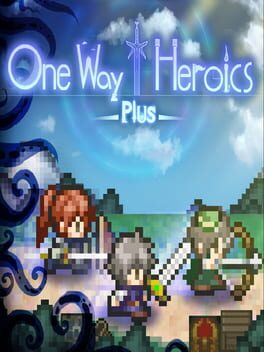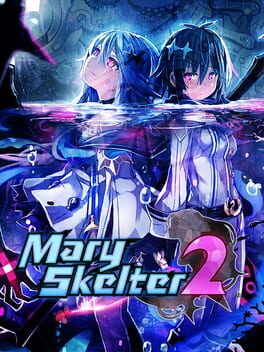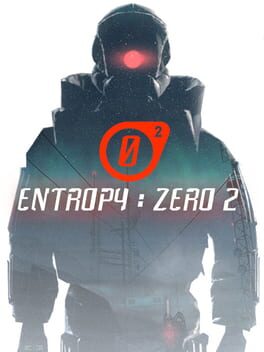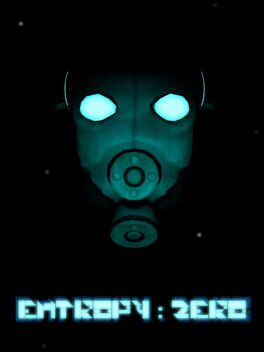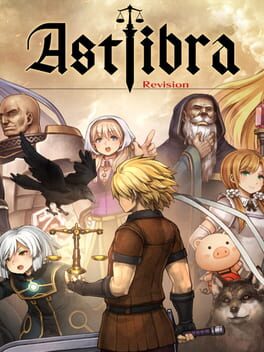chekochan
2013
1999
2019
2009
I don't often remark on my time spent with the first Cold Steel, but I feel the need to put what little I have to say into writing.
What is Erebonia?
Oppressive might. The country your dad fought in the Hundred Days War. The military you stood up against at Haken Gate. Where the Capua's fled from. Home of the Blood and Iron Chancellor from star door 8. Stomping grounds of the Red Constellation your best friend belonged to. Hamel.
The opening hours of Cold Steel betray all expectations.
Arriving in Trista, getting settled at the dorm and attending the first classes at Thors, it was all so mellowing. A cozy, timeless town, no impending tragedy or looming threat. Spending the days and nights as you please while getting familiar with the character bloat. You run around every day making sure you spoke to each of the faces on campus, student and teacher alike, then being whisked away on a field trip to another corner of the country where you helped find a dog or changed a lightbulb, playing Blade against Fie on the train ride back. "I'm home."
Cold Steel does its best to capture the humble beginnings you fell in love with in FC, and again in Zero. And it does an okay job.
What is Erebonia?
Oppressive might. The country your dad fought in the Hundred Days War. The military you stood up against at Haken Gate. Where the Capua's fled from. Home of the Blood and Iron Chancellor from star door 8. Stomping grounds of the Red Constellation your best friend belonged to. Hamel.
The opening hours of Cold Steel betray all expectations.
Arriving in Trista, getting settled at the dorm and attending the first classes at Thors, it was all so mellowing. A cozy, timeless town, no impending tragedy or looming threat. Spending the days and nights as you please while getting familiar with the character bloat. You run around every day making sure you spoke to each of the faces on campus, student and teacher alike, then being whisked away on a field trip to another corner of the country where you helped find a dog or changed a lightbulb, playing Blade against Fie on the train ride back. "I'm home."
Cold Steel does its best to capture the humble beginnings you fell in love with in FC, and again in Zero. And it does an okay job.
2017
2005
As a kid, I remember seeing Chibi Robo in a Nintendo Power magazine I'd bought, and I'd read the article over and over again because money was too tight to afford luxuries like a GameCube to play it on. I'd instead play with random toys and make up fun games with them as a weird kid that didn't have any friends.
Coming back to finally play this game after forgetting about it for so long, it was like looking back to my family and that kid version of me, with all its ups and downs.
A very important game.
Coming back to finally play this game after forgetting about it for so long, it was like looking back to my family and that kid version of me, with all its ups and downs.
A very important game.
This review contains spoilers
I originally wrote a shitpost review but after doing all four endings, it's baffling how good this game is.
Fantastically concise story and addictive gameplay loop that breaks in the postgame à la Disgaea. It takes the ATB format and pushes it into a new realm with battleship mechanics and a wide array of varied units. The map composition and enemy placements change up with every new mission, keeping you on your toes. Losing specific missions can branch you down a different story path, adding a refreshing twist to NG+, which keeps everything from your previous save. Amass your Miou's and Rara's, diehard fans.
Thanks for localizing this, FBF.
Fantastically concise story and addictive gameplay loop that breaks in the postgame à la Disgaea. It takes the ATB format and pushes it into a new realm with battleship mechanics and a wide array of varied units. The map composition and enemy placements change up with every new mission, keeping you on your toes. Losing specific missions can branch you down a different story path, adding a refreshing twist to NG+, which keeps everything from your previous save. Amass your Miou's and Rara's, diehard fans.
Thanks for localizing this, FBF.
2015
2018
2022
Better than the first game in every conceivable way.
The details are so meticulously crafted to ensure the player is constantly engaged and knows what they're supposed to do. Visual cues—whether it be consumables or enemies—are abundant, and the use of color to draw your eye is present in the pathing of almost every junction. Dangerous hazards are annotated quickly, and interactable objects are highlighted or obvious in function. The world itself is sprawling and gorgeous, flush with environmental storytelling, and the use of vistas in the outdoors sections to let the player know their next destination is nothing short of how Valve does it; perhaps even better.
Combat is steady and gripping, with new weapons in your arsenal preparing you for lengthy encounters that purposefully serve the story. Most arenas are oppressive and require attentiveness, yet the pacing and fragility of enemies makes sure you aren't overwhelmed. The addition of squads to command is neat from a combine perspective, but like in Half Life 2 it makes almost no difference. It's easier to kill things yourself than to extend combat and risk injury by tactically designating unreliable NPCs.
The story is pretty good. The focus on delving into the psyche of Bad Cop and Clone Cop rather than focusing solely on the Mossman mission was a great decision, and the timeline of events is believable enough to fit into the official lore. A subtle detail I liked is Clone Cop never directly mentioning what the big corporate secret was to Bad Cop, because it doesn't matter what the secret was to either of them, and they know that. Only that they could get their hands on it and make use of it.
The only major issues are the amount of flavor dialogue that 3650 spouts at random, which is meaningless enough to take away from when he's actually saying something important. Wilson remedies this to an extent by chiming in on things the player ought to know, but this assumes you went to the trouble of bringing Wilson with you, which leads to something I wish was in the base game; a Wilson backpack. He's good for stopping bullets or explosions and has sections of the game dedicated to moving him (unlike the gnome in Episode 2), but he gets caught on geometry a frustrating amount. At the very least, supply caches that can be opened only by him are placed the chapters, rewarding you for bringing him.
Overall, easily trumps any Valve Half Life experience.
The details are so meticulously crafted to ensure the player is constantly engaged and knows what they're supposed to do. Visual cues—whether it be consumables or enemies—are abundant, and the use of color to draw your eye is present in the pathing of almost every junction. Dangerous hazards are annotated quickly, and interactable objects are highlighted or obvious in function. The world itself is sprawling and gorgeous, flush with environmental storytelling, and the use of vistas in the outdoors sections to let the player know their next destination is nothing short of how Valve does it; perhaps even better.
Combat is steady and gripping, with new weapons in your arsenal preparing you for lengthy encounters that purposefully serve the story. Most arenas are oppressive and require attentiveness, yet the pacing and fragility of enemies makes sure you aren't overwhelmed. The addition of squads to command is neat from a combine perspective, but like in Half Life 2 it makes almost no difference. It's easier to kill things yourself than to extend combat and risk injury by tactically designating unreliable NPCs.
The story is pretty good. The focus on delving into the psyche of Bad Cop and Clone Cop rather than focusing solely on the Mossman mission was a great decision, and the timeline of events is believable enough to fit into the official lore. A subtle detail I liked is Clone Cop never directly mentioning what the big corporate secret was to Bad Cop, because it doesn't matter what the secret was to either of them, and they know that. Only that they could get their hands on it and make use of it.
The only major issues are the amount of flavor dialogue that 3650 spouts at random, which is meaningless enough to take away from when he's actually saying something important. Wilson remedies this to an extent by chiming in on things the player ought to know, but this assumes you went to the trouble of bringing Wilson with you, which leads to something I wish was in the base game; a Wilson backpack. He's good for stopping bullets or explosions and has sections of the game dedicated to moving him (unlike the gnome in Episode 2), but he gets caught on geometry a frustrating amount. At the very least, supply caches that can be opened only by him are placed the chapters, rewarding you for bringing him.
Overall, easily trumps any Valve Half Life experience.
2017
Set pieces looked great, but not a lot of effort put into visual guidance. The puzzles—decently designed as they are—were hampered by unrelated winding corridors, dimly lit expansive areas, and vertical elements the player has no obvious reason to look around for. Burnout in the latter half was prevalent and while the final boss was technically impressive, most of the problems in previous areas of the game came back to haunt it.
Hoping the dev was willing to use feedback to improve upon Entropy: Zero 2.
Hoping the dev was willing to use feedback to improve upon Entropy: Zero 2.
2022
